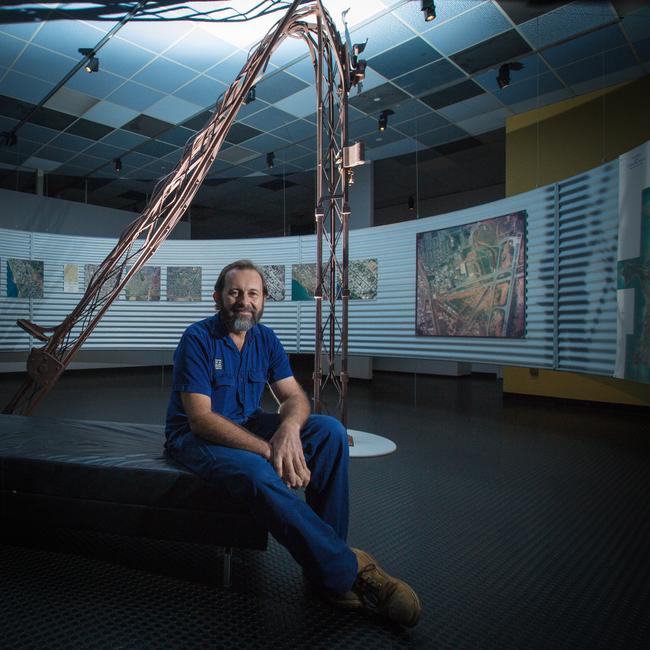Territory economy will pay if planned immigration cuts go ahead
Canberra’s proposed cuts to immigration pose a huge risk to the Territory economy. Read what it could mean.
Business
Don't miss out on the headlines from Business. Followed categories will be added to My News.
There was a time in the Territory when Canberra bashing was a political rite of passage.
Previous NT governments liked nothing more than a high-profile stoush with the Commonwealth on issues like Land Rights, the Uluru handover, Native Title and mandatory sentencing.
But the robust governments of the 1980s and 1990s became more compliant post-millennium as the Territory economy spluttered and the momentum and cash from self government gradually ebbed away.
So today when both the Labor government and opposition CLP gang up against Canberra, they must have a good reason - and since the May federal budget, that reason has been migration policy.

On this, the contrast between Australia’s north and south couldn’t be sharper.
As the rest of Australia grapples with a housing crisis that’s prompted a sharp reassessment of Australia’s post-Covid immigration policy, the latest ABS statistics showed the Territory’s population actually declined by 67 in December quarter 2023.
Both parties have policies designed to retain and grow the Territory’s population but if Canberra has its way overseas immigration, which delivers crucial workforce and economic benefits, would be slashed.
Labor Treasurer Jim Chalmers wants to reduce net overseas migration, which measures the net change in population through migration among people planning to stay for at least a year, to 260,000 by June 2025, largely through university-level caps on international student numbers.
Opposition leader Peter Dutton proposed cutting the number of people receiving permanent residency by 25 per cent from 185,000 to 140,000 for two years and a reduction in net overseas migration from 260,000 to 160,000 by June 2025.

The Territory government and opposition reacted angrily to both proposals, the CLP warning the changes could lead to job losses, reputational damage and a decrease in international student enrolment throughout the Territory.
Charles Darwin University vice chancellor Scott Bowman travelled to Canberra in an attempt to quarantine the Territory from the immigration cuts, which come as the university’s CBD campus - built with a $151m Commonwealth contribution - prepares to open its doors.
NT Chamber of Commerce chief executive Greg Ireland said immigration cuts would hurt the economy and he has made representations on the Territory’s behalf through Solomon MP Luke Gosling for student visas and skilled migration in the Territory to remain the same.
“It’s our belief numbers in the Territory could be maintained while they are reduced nationally,” Mr Ireland said.
If the Commonwealth does make the Territory an exception to the national rule, it would not be the first time the jurisdiction has been granted immigration concessions.

Jared Archibald, curator of Territory History at Museum and Art Gallery NT, said the local pearling industry lobbied the Commonwealth to introduce the White Australia policy to stop Japanese pearling companies starting-up in Australia then, after the policy became law, lobbied the Commonwealth for an exemption so it could recruit Asian indentured labourers to work in the industry.
“They were basically gaming the system,” Mr Archibald said. “The pearling companies were lobbying for the White Australia policy to come in because it mean they could push out the Japanese owners of the pearling luggers.
“When the legislation was passed, they immediately went back to the government and said ‘we need an exemption from the White Australia policy because if you don’t give it to us, we will go broke’.
“The government wasn’t very happy about this. There were Royal Commissions, there was a lot of investigation but in the end they said we will give you an exemption because we’ll lose that industry and it will open up the north to others coming in.”
He said descendants of some of the indentured labourers who married and had children still live in Darwin today.
The NT News’ Future Northern Territory campaign returns for its third year, as the push to create a $40bn economy by 2030 continues. To purchase a ticket to the event on July 18, click here.





